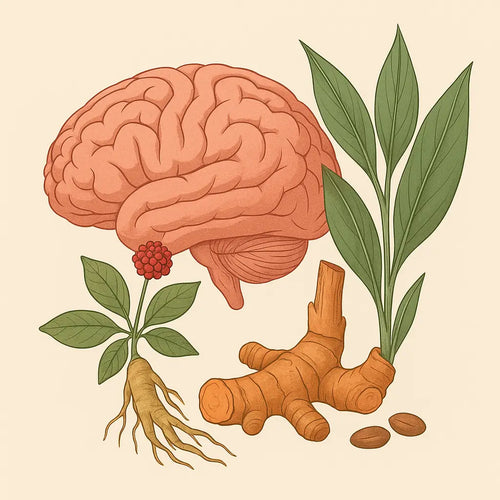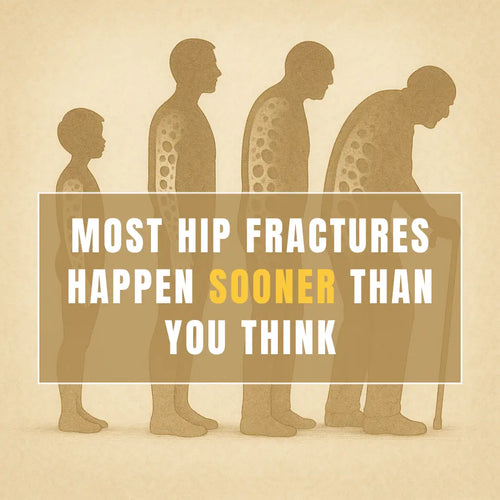No products in the cart.
Acute stress is beneficial and short lived, it's designed to give you energy and increase your performance. Chronic stress however, is destructive and will wear you down and cause serious health problems. It increases the risk for stroke and cardiovascular disease.
Research, including 6,749 adults between the age of 45 and 84, showed that higher levels of stress, hostility and depressive symptoms are associated with a significantly increased risk for stroke or transient ischemic attacks (Everson-Rose SA, et al. 2014).
The risk for cardiovascular disease and acute cardiac events is also increased by stress (Hering D, et al. 2015, Alevizos M, et al. 2014). One mechanism which was found to be involved, is that stress stimulates coronary mast cells to release IL-6, an inflammatory cytokine. A mast cell is a certain type of white blood cell which is found in most tissue.
Whatever you can do to reduce chronic stress is going to be beneficial.
There are several ways to do that, and I will write more about that next week.
Alevizos M1, Karagkouni A2, Panagiotidou S3, Vasiadi M3, Theoharides TC4. Stress triggers coronary mast cells leading to cardiac events. Ann Allergy Asthma Immunol. 2014 Apr;112(4):309-16. doi: 10.1016/j.anai.2013.09.017. Epub 2013 Oct 10.
Everson-Rose SA1, Roetker NS2, Lutsey PL2, Kershaw KN2, Longstreth WT Jr2, Sacco RL2, Diez Roux AV2, Alonso A2. Chronic stress, depressive symptoms, anger, hostility, and risk of stroke and transient ischemic attack in the multi-ethnic study of atherosclerosis. Stroke. 2014 Aug;45(8):2318-23. doi: 10.1161/STROKEAHA.114.004815. Epub 2014 Jul 10.
Hering D1, Lachowska K, Schlaich M. Role of the Sympathetic Nervous System in Stress-Mediated Cardiovascular Disease. Curr Hypertens Rep. 2015 Oct;17(10):80. doi: 10.1007/s11906-015-0594-5.
Leave a comment









